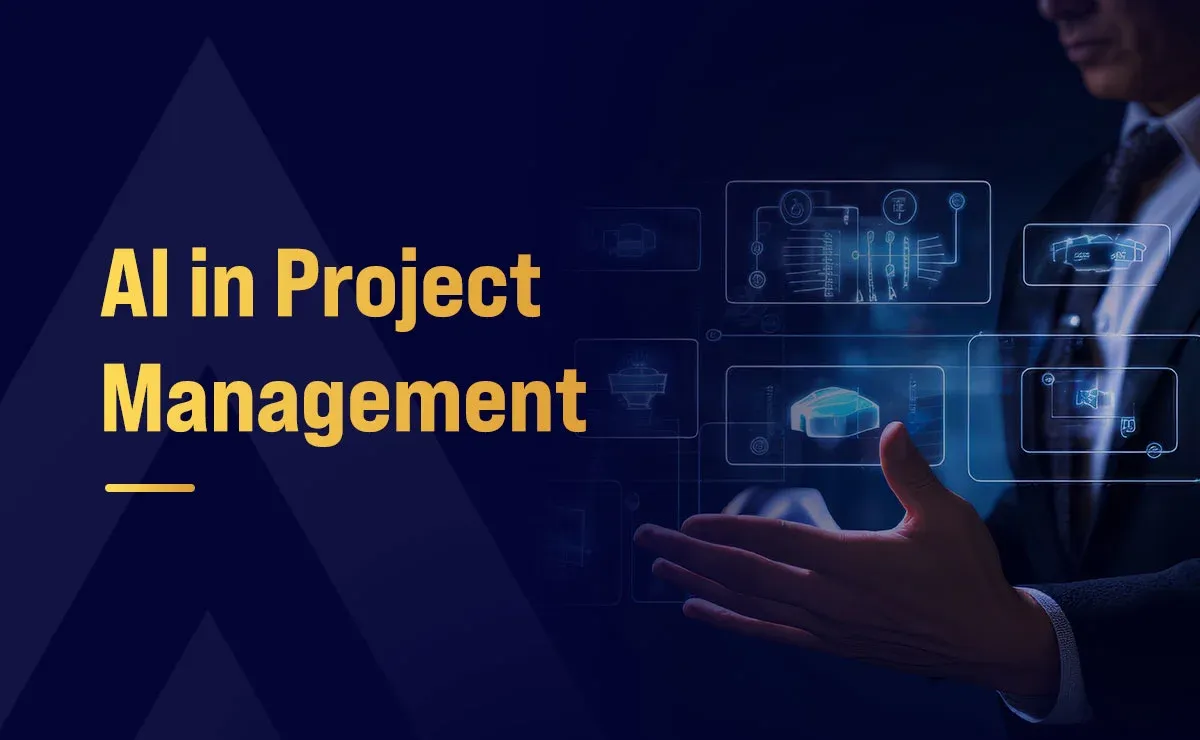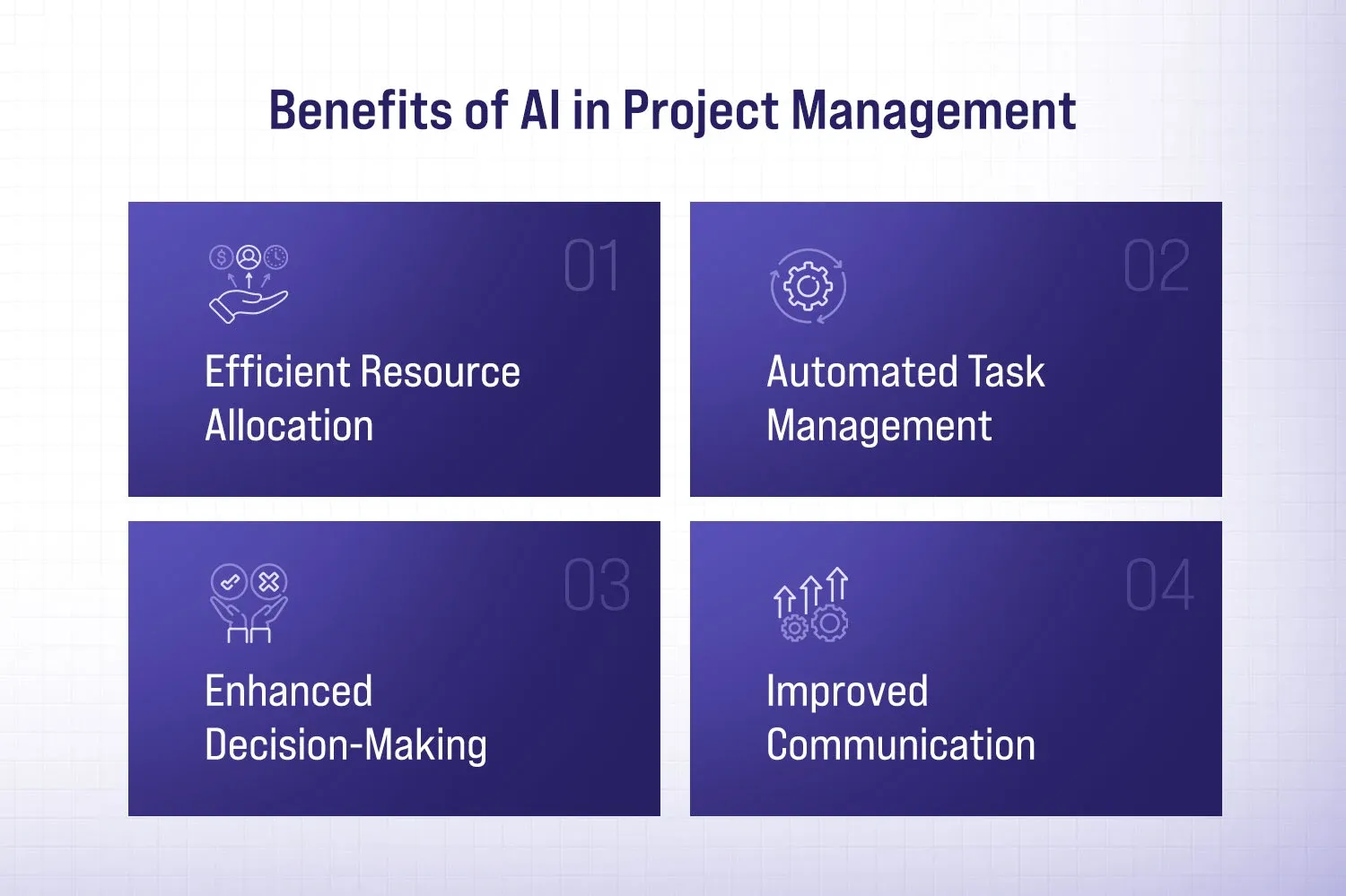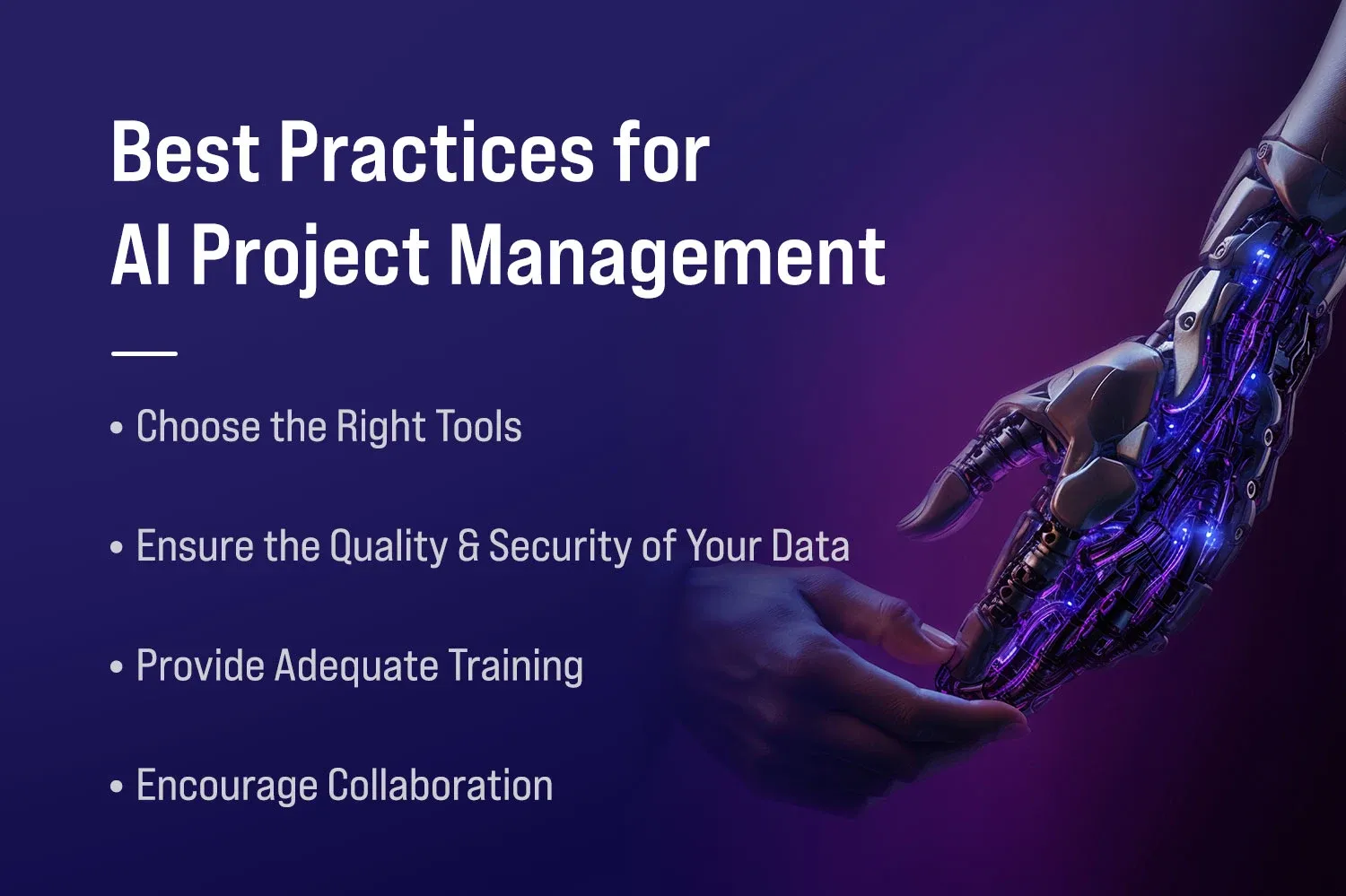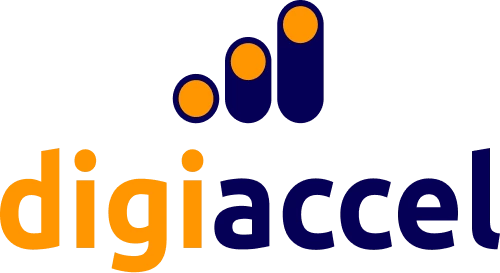Understanding AI in Project Management

Project management has always been the backbone of successful execution in organizations, encompassing a blend of planning, organization, and coordination to ensure that objectives are met on time and within budget. Despite this, only about 35% of projects succeed, revealing a deep inefficiency in traditional practices. One of the main culprits? Outdated, manual, and siloed tools that are no longer adequate for the pace and complexity of modern business environments.
Enter artificial intelligence (AI), a disruptive force reshaping industries and offering a much-needed overhaul to the project management discipline. From automating mundane tasks to providing foresight through predictive analytics, AI is swiftly transforming the methodologies behind project planning, execution, and enhancement.
This article examines AI’s transformative impact on project management, highlighting its real-world uses, advantages, and methods for successful adoption.
What is AI for Project Management?
Artificial intelligence (AI) involves deploying smart systems capable of handling functions that typically demand human cognition, such as data learning, pattern recognition, problem-solving, decision-making, and natural language comprehension.
Within project management, AI spans diverse tools and methodologies aimed at boosting the precision, efficiency, and intelligence of project planning, implementation, and assessment. AI systems do this through algorithms that continuously adapt and improve, often with minimal human intervention.
According to the APM Body of Knowledge 8th Edition, AI supports project functions that benefit from data analysis and pattern recognition, offering significant advantages in managing the complexity, uncertainty, and scale of modern projects. For project leaders, AI translates to reduced manual effort on monotonous tasks and greater focus on strategic oversight and stakeholder collaboration.
Benefits of AI in Project Management

Artificial intelligence is rapidly reshaping how projects are delivered and managed. For students, understanding the strategic value AI brings to project workflows is essential to position themselves as more effective and data-informed leaders. Here’s a detailed look at the key benefits of AI in project management:
Efficient Resource Allocation
In any project, resources like people, time, budget, and tools are finite. Allocating them effectively can make the difference between project success and failure. Here, AI tools use historical data and real-time project variables to optimize resource allocation. They can assess availability, skill sets, deadlines, and workloads to recommend the most effective assignments.
For example, tools like Microsoft Project with AI-enabled features help automatically adjust timelines based on resource constraints or changes in priorities. Large firms like IBM and Accenture use AI-driven project platforms to forecast demand for employee skill sets and allocate project teams accordingly.
Automated Task Management
Time-consuming administrative work, like tracking deadlines and sending reminders, eats into the time project managers could be spent on leadership and problem-solving. Instead of manually doing repetitive tasks such as assigning tickets, updating progress, sending reminders, and generating reports, an AI tool could auto-update progress, ping reminders to team members, and generate a weekly progress summary, freeing project managers to focus on strategy or innovation.
Tools such as Asana, Trello, and Monday.com now incorporate AI features to enhance efficiency and automate repetitive tasks.
Enhanced Decision-Making
Competent project managers base their choices on reliable, data-backed insights. But human judgment alone can fall short when faced with complex data sets or unpredictable variables. AI employs machine learning and predictive modeling to uncover correlations and trends within project datasets. It can forecast delays, budget overruns, or resource shortages before they happen, enabling proactive intervention.
Companies like Deloitte use AI-powered dashboards to provide real-time project risk assessments, enabling quicker, smarter decisions at all project stages.
Improved Communication
Project success hinges on effective communication. Miscommunication leads to misunderstandings, rework, and delays—especially in hybrid or remote teams. Natural Language Processing (NLP) applications, including ChatGPT, assist in swiftly composing polished emails, meeting outlines, or stakeholder summaries.
For example, imagine working on a cross-time-zone team project—AI could transcribe your group call, extract action items, and even translate key points for international teammates. Global enterprises like Microsoft and Google are embedding AI features into platforms like Teams and Workspace to support seamless collaboration and automatic transcription or translation.
Types of AI Solutions for Project Management
AI isn't just a single technology—it’s an umbrella of smart solutions that target different aspects of project management. Hence, understanding the types and examples of AI in project management helps demystify how AI works in real project environments and prepares you to use the right tools in the right context.
Task and Time Management
AI-powered tools streamline task allocation, track deadlines, optimize schedules, and send automated reminders to keep teams aligned and productive. It matters because staying on schedule is crucial in project delivery. AI helps break down large goals into manageable tasks and ensure they’re completed on time—even adjusting timelines dynamically when delays occur.
Think of managing a complex group project with multiple deliverables and contributors. AI could automatically remind teammates about deadlines, reorder tasks based on urgency, and even estimate how much time each task might take based on past performance.
Example tools:
- ClickUp AI and Trello with Butler AI automates recurring tasks and optimizes scheduling.
- Notion AI can generate to-do lists, meeting notes, and status summaries based on your input.
Risk Management
AI systems analyze data from previous and ongoing projects to detect patterns, forecast risks, and provide early warnings. They also propose risk-mitigation tactics derived from past project results. Traditional risk management relies heavily on human experience and subjective judgment. AI brings objectivity by processing vast amounts of data to identify hidden risks and offer evidence-backed insights.
Imagine if you could predict which aspect of your project (e.g., research, data analysis, or presentation) is most likely to run late or fail based on your past projects. AI helps you focus your attention where it’s most needed.
Example tools:
- IBM Watson Studio offers predictive models for risk forecasting.
- Oracle Primavera Cloud integrates AI for early risk detection in large-scale projects.
Team Collaboration
AI enhances communication across teams by transcribing meetings, summarizing discussions, suggesting replies, and even translating languages in real time. Since smooth communication is vital in any project, AI ensures messages are understood clearly and that key decisions and updates are captured, even if someone misses a meeting.
Example tools:
- Microsoft Copilot (Teams, Outlook) automatically summarizes meetings, drafts emails, and updates action items.
- Otter.ai provides real-time transcription and intelligent meeting notes.
Data Analysis and Insights
AI uses machine learning and analytics to process large volumes of project data, identify trends, and deliver actionable insights in dashboards or reports. AI makes sense of complex datasets much faster than humans. This supports better planning, more accurate forecasting, and deeper reflection on what works and what doesn’t.
Example tools:
- Tableau with Einstein Analytics (Salesforce) integrates AI to provide predictive insights from data dashboards.
- Power BI with AI Insights (Microsoft) offers machine learning-driven forecasting and anomaly detection.
Best Practices for AI Project Management
Successfully integrating artificial intelligence into project management isn’t just about choosing the latest tools—it’s about creating a thoughtful, strategic environment that ensures those tools deliver real value. In a professional setting, understanding and applying these best practices is crucial for effective AI adoption.

Choose the Right Tools
Given the rapidly growing array of AI-powered project management solutions, choosing the ideal platform can be a complex challenge. Not all tools serve the same purpose, and a poor fit can disrupt workflows or lead to underutilized investments.
Hence, identify your project’s specific needs first—such as scheduling, reporting, collaboration, or risk forecasting. Choose AI tools that align with these goals and integrate well with your existing platforms like Microsoft Teams, Slack, or Google Workspace. Prioritize functionalities like task automation, predictive insights, NLP, and adaptability to organizational growth.
Ensure the Quality and Security of Your Data
AI’s effectiveness hinges on the availability and quality of input data. Poor-quality, incomplete, outdated, or insecure data can lead to inaccurate recommendations, biased predictions, or security vulnerabilities.
This is where implementing clear data management policies ensures that project data is regularly updated, well-organized, and securely stored. Furthermore, establish access controls to safeguard confidential data and adhere to privacy regulations.
Provide Adequate Training
Even the most intuitive AI tools can have hidden features or require a learning curve. If project teams aren’t properly trained, they may underuse the tools or misuse them entirely, missing out on potential value.
Hence, it is important to encourage self-paced learning and provide access to official tutorials, user guides, and forums. If your organization offers in-house training or workshops, make sure all team members participate. AI adoption should be inclusive, not reserved for tech-savvy users alone.
Encourage Collaboration
AI should complement teamwork, not replace it. The most successful AI project implementations enhance communication, coordination, and decision-making—allowing people to do their best work more effectively.
Select tools that promote transparency and real-time collaboration. Features like shared dashboards, live document editing, and automated updates can help keep everyone on the same page. Invite team feedback on AI tool performance and iteratively optimize operational processes.
The Future of AI in Project Management
AI is poised to become a cornerstone of modern project management practices. As tools become more sophisticated and accessible, their impact will extend beyond automation into areas like:
- Cognitive project assistants that help with planning, tracking, and documentation.
- Digital twins of projects that simulate real-world conditions and outcomes.
- Emotionally intelligent AI that reads team sentiment and morale.
- Voice-activated assistants for real-time project updates or meeting summaries.
However, AI will not replace the human element of project management. Instead, it will augment human capabilities, allowing project managers to make more informed decisions, lead better teams, and focus on strategy rather than administration.
FAQ
Q1. What is Gen AI in project management?
Ans: Generative AI refers to AI models that create new content like text, code, or images based on training data. In project management, generative AI can assist in drafting project charters, user stories, stakeholder communication, and even generating visual dashboards or prototypes. Tools like ChatGPT or GPT-4V are commonly used for these tasks.
Q2. Will AI eventually supplant the Project Management Office (PMO)?
Ans: AI will not replace the PMO but will transform it. AI can automate administrative and reporting functions, allowing PMO teams to focus more on strategic governance, portfolio alignment, and business value delivery. The role of the PMO will evolve rather than disappear.
Q3. What responsibilities does a project manager hold in an AI-augmented environment?
Ans: A project manager remains essential even in AI-enhanced environments. Their role will increasingly include:
- Overseeing AI tool implementation.
- Interpreting AI insights.
- Managing ethical risks.
- Aligning AI strategies with organizational goals.
- Leading project work through motivation, negotiation, and clear communication.
Summing Up
AI is revolutionizing project management by enabling more efficient, accurate, and strategic decision-making. For management students, understanding AI is no longer optional—it’s a core competency for future leaders.
Whether you're automating routine tasks, predicting risks, or analyzing data, AI can help you manage projects more effectively. By combining technical literacy with human leadership skills, you’ll be well-positioned to thrive in a profession that’s rapidly transforming.

